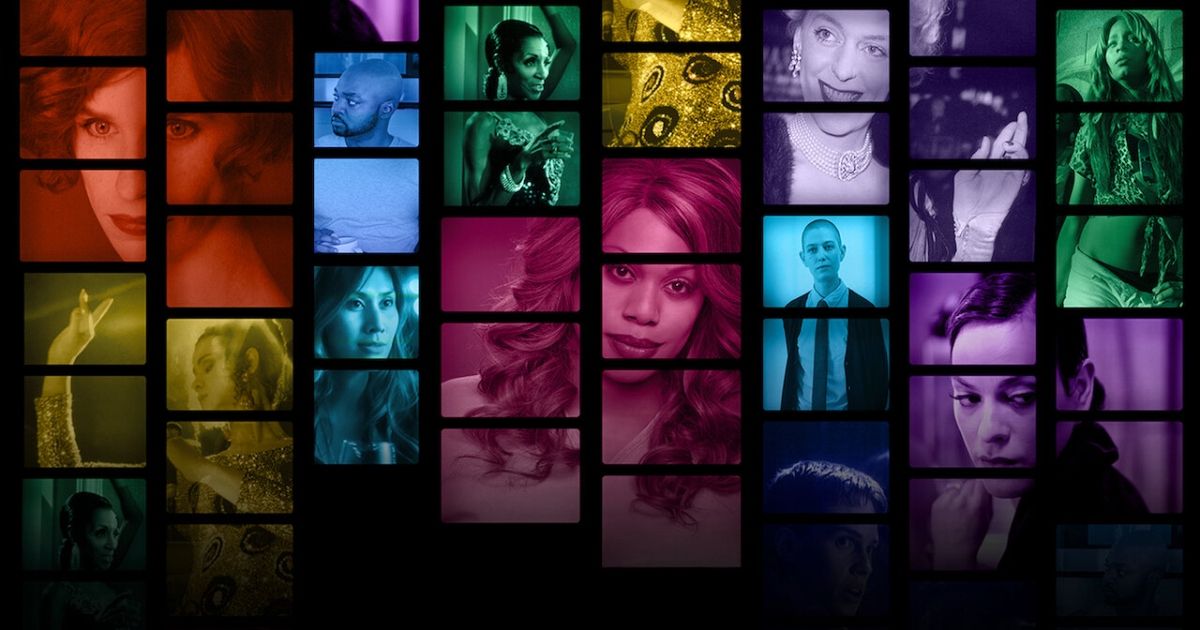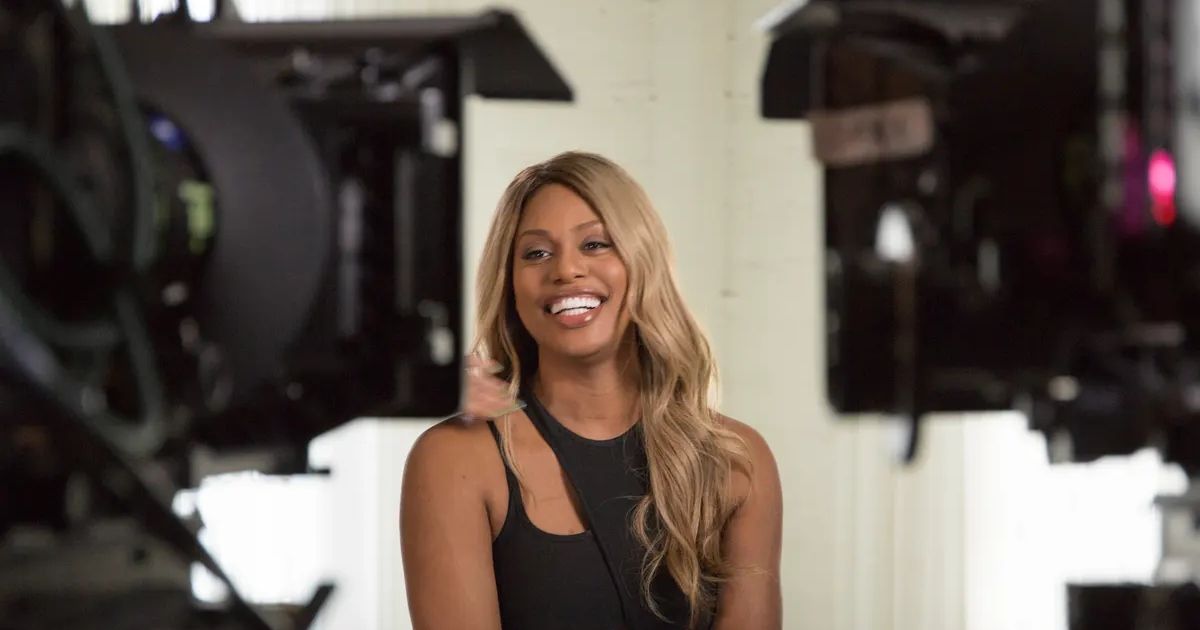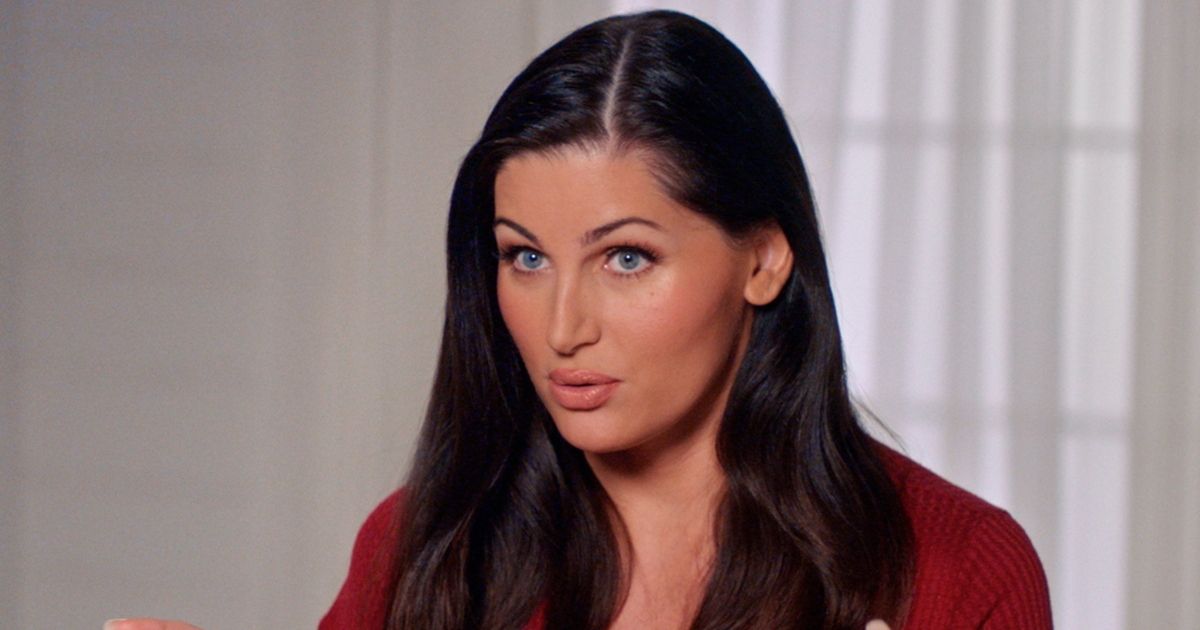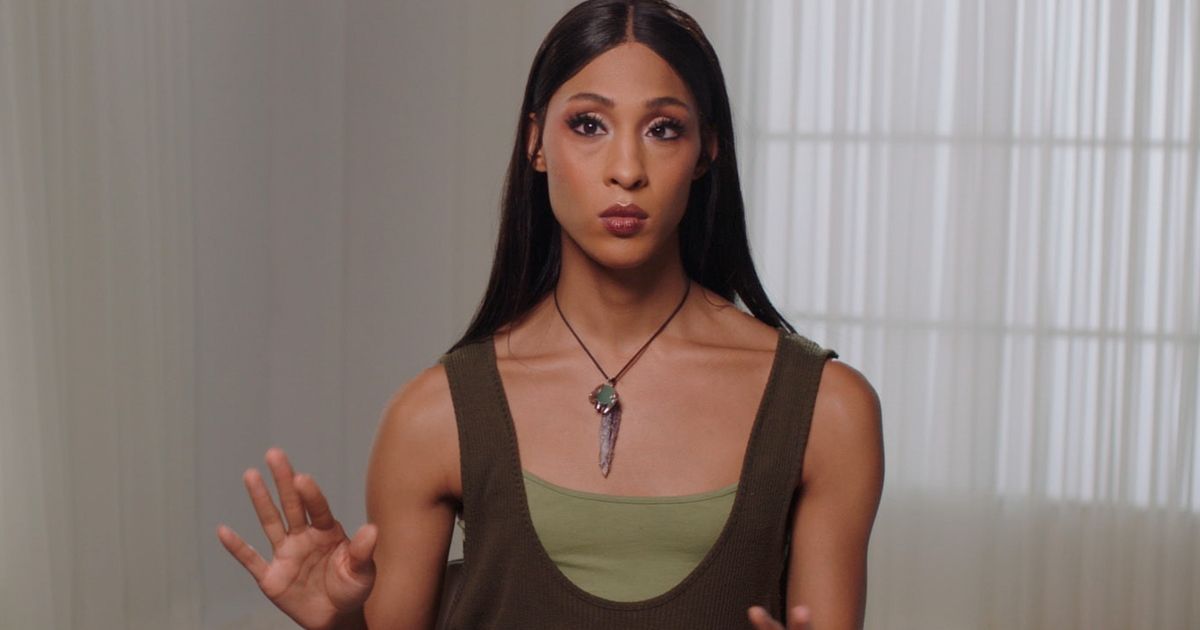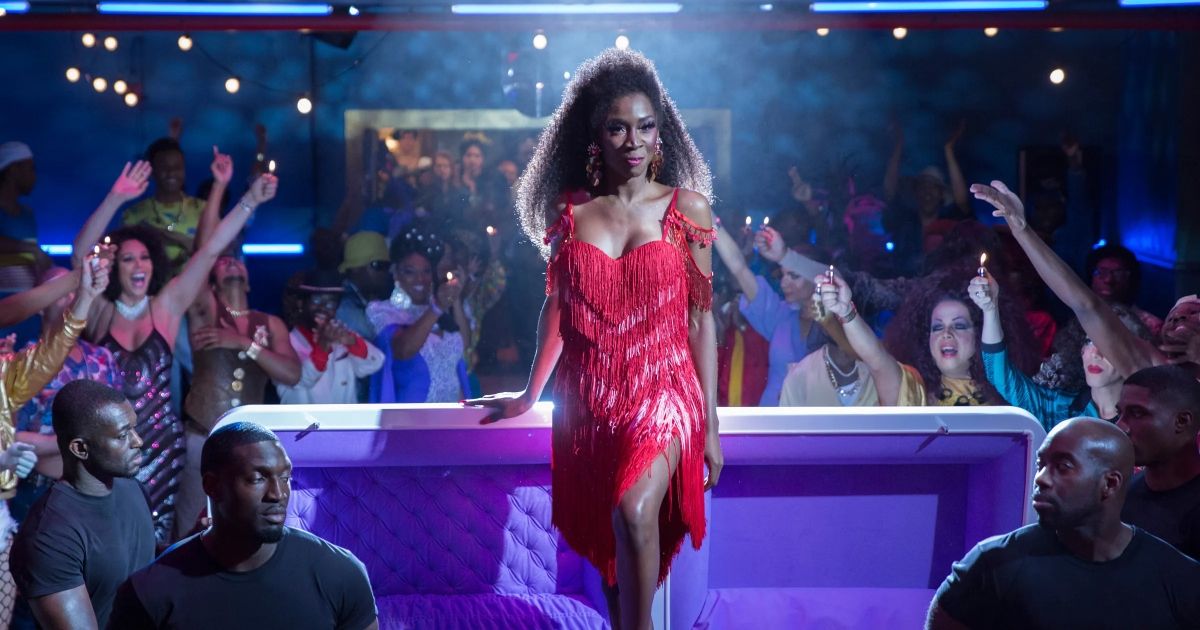The Netflix documentary Disclosure features a group of trans actors discussing the portrayal of trans characters throughout the history of entertainment. With Laverne Cox (Orange is the New Black) behind the project, she uses the documentary as a teaching opportunity for others in Hollywood as well as viewers. Across the entertainment-scape, a myriad of tropes has been used that create a distance from the group in question. Often, when groups speak out about the harm that the tropes that perpetuate, it is taken as an attack. Yet the road to better representation, especially of trans people, is to face the past with objectivity.
One of the most important themes in Disclosure is the portrayal of trans people as the butt of the joke and the implications of those punchlines. A common casting choice for trans people is to have them as the murdered sex worker, opening the door for real-life violence against trans people. Moreover, many stories that celebrate the trans experience fall victim to appropriation when cis-het or cis-gay writers fail to de-center themselves from the story. While Disclosure may be difficult to watch, as it’s trans people speaking on their experiences, there are shows and films that shine a light onto the trans experience that are written, produced, directed by, and star trans people.
The Implications of the Trans Punchline
The producer of Disclosure, Laverne Cox shines the light on other trans actors and producers in the documentary, letting them speak on trans people’s portrayals in accordance with their own experiences. Cox does speak several times in the documentary about some themes. Specifically she speaks on one of two ways trans people are portrayed: “I can’t even tell you how many times I’ve been in public space, particularly early in my transition in New York City, when I would walk into a subway car and people would just burst into laughter, as if my existence on that subway car was just a joke. And I think people have been trained to have that reaction.”
While this may seem like an absurd reaction from strangers, the truth is that when trans people are portrayed in TV or film, they are presented as a joke. One trope, as TV Tropes explains it, is ‘disguised in drag’. The trope is used when a straight/cis character uses drag to disguise themselves. When movies and TV implement this, the scenes in question tell viewers that being in drag is funny. Yet, this form of humor is a microaggression. According to Holocaust Center of Seattle’s pyramid of hate, the first stage is “Bias”, where microaggressions become socially acceptable. When society uplifts comedians who use punch-down humor towards trans people, society becomes complicit in the violence that occurs towards trans people. If you want to support trans comedians, Them has assembled some jokes about trans people written by trans people.
Pigeonholing Trans Actors as Sex Workers
Another harmful stereotype Disclosure discusses is how trans people, when they are cast in major productions, are portrayed as sex workers. Actress and producer Trace Lysette said of this casting choice/portrayal of trans people: “Not that there’s anything wrong with doing sex work for a living, but it’s just not all that we are. And as a former sex worker, I feel like I can speak to that. And if you’re only seeing us as one thing, without any life outside that, people are never going to get to see us as a whole person.”
TV Tropes calls this trope the ‘transgender fetishization’, meaning the trans character(s) is more desirable than the cis characters. Much like making trans people into a punchline, casting them as sex-workers creates a canyon-sized gap between trans people and society. Sex workers, especially on TV, are considered to be shameful. Again, the suggestion with this trope is two-fold. First, if the sex worker is transgender, they are portrayed as doubly shameful for not just being trans but also being a sex worker. Second, since the transgender sex worker is often murdered on the show, violence towards trans people is normalized since most detective/police shows regard trans people and sex workers as subhuman. The Human Rights Campaign releases an annual report of trans people killed, stating that each individual was killed by either a partner, an acquaintance, or a stranger.
Celebration Versus Appropriation
For those in the know, Michaela Jaé Rodriguez is the IT girl right now. She is the first trans woman to win a Golden Globe and will be starring in a comedy series, Loot, opposite SNL alum Maya Rudolph, an AppleTV+ series premiering in June 2022. Before these major milestones, she appeared on Disclosure to talk about the prolific film, Paris is Burning: “I had seen Paris Is Burning when I was 11. But I didn’t really understand what I was watching. I just saw beautiful people on the screen. I didn’t hear the words. I just saw the happiness and joy. When it fully came to me for actual understanding, I was like, Oh my God, these are my sisters up here, but the struggle is real.”
According to TV Tropes, the ‘trans tribulations' trope shows that the trans experience is linked to suffering and trauma. This trope is ubiquitous among the LGBTQ+ community’s representation in the media, hence the importance of happy endings in queer stories. The underlying message is that queer lives are struggle-ridden, so even if queer folks are out, happiness is but a dream.
Of course, the irony is how the trans community is appropriated by cis-het individuals. Drag vernacular like ‘Yas!”, which was coined from Paris is Burning, is used so often in cis-het circles that they don’t even realize they’re using language coined by trans women. The same thing happens with make-up; the hard face make-up made “popular” by the Kardashians is actually rooted in the trans and drag communities. To reiterate, we can celebrate trans and gay people, but when cis-het people are central to those celebrations, it’s not progress, it’s appropriation.
Trans Stories by Trans People
Like many documentaries, Disclosure is one piece of the beautiful blue, pink, and white puzzle that shows the trans experience from trans people’s perspectives. Producer Chase Strangio discusses the impact of trans people in Hollywood in Disclosure: “The trans person on the red carpet, or the trans person on television and film, those sort of representations of transness may incite rage in a viewer. And that viewer doesn’t have access to the character; they have access to the person on the street. I think that makes it especially important for us to be pushing for material redistribution, otherwise all we’re doing is elevating some people into the sphere of the powerful and not in any way working to disrupt the systems that exclude most trans people from material survival.”
While shows like Pose brought the ups and downs of drag ball culture to the mainstream, it’s still spearheaded by two gay men and one straight man. However, the impact of the show is not lost, especially since drag ball culture can be central to the LGBTQ+ experience. Although plenty of independently produced films from trans and non-binary people are available. Like Transfinite, a science fiction film by non-binary director Neelu Bhuman. A short film from transgender filmmaker Jake Groff called Brace showcases two trans people who discover the other is trans, can be watched on YouTube. A final film, at least here, is for the horror fans. Assassination Nation features trans actress Hari Nef, which can be rented or bought on Amazon.

